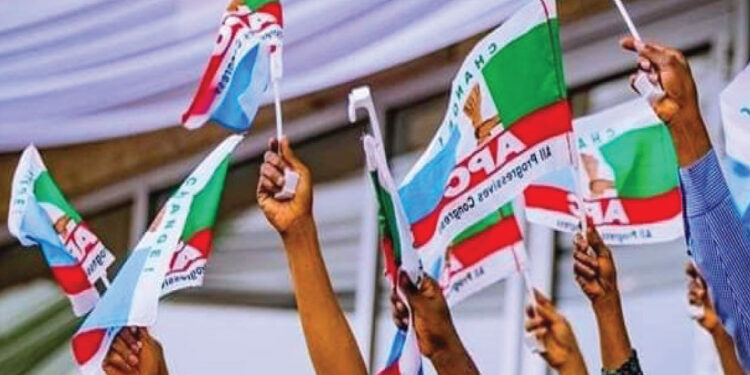As the rhetoric over the Amendment of the Electoral Act on electronic transmission of election results, direct primary etc, gain ascendancy, the former acting spokesman of Rivers state chapter of All Progressives Congress( APC), Barr. Sogbeye Eli, has called on the proponents to give consideration to the words of the United States of America Vice President, Kamala Harris.
In a statement posted on the social media, the former acting spokesman stated that the call had become neccessary in order to cause them to remember the comments of Harris, who once said, “paper ballots are the smartest, safest way to conduct secure elections and protect from voter manipulation”.
He wrote; whilst the proponents of the controversial Amendments of the Electoral Act are still showboating on Direct Primary, electronic transmission of results, etc as the best thing that can happen to mankind since Amala and Gbegiri soup, it is important to wake them up from sleep with reminders like this”.
“Alhaji Atiku Abubakar was still dreaming about his victory cooked in some INEC server over President Muhammadu Buhari in 2019 when the Democratic Candidate of the United States, Kamala Harris, dropped this bomb on 20th February, 2019.
“If America with 24 hours power supply and other efficient support systems for information technology cannot guarantee the safe transmission of election results electronically in 2020, a Nigeria still trapped in the throes of 18th century tech should save herself from further international embarrassment in 2023, period”.
Metronetworknews had reported that President Muhammadu Buhari declined assent to the Electoral Act Amendment bill 2021, explaining that the prevailing situation in the country would not allow him to sign the bill.
The Senate and the House of Representatives had passed the Electoral Act Amendment Bill and approved the electronic transmission of results.
In a letter of rejection wrtten to the President of the Senate, Senator Ahmad Lawan, the pesident cited high cost of conducting direct primaries, violation of citizens’ rights, the security challenge of monitoring the election, marginalization of small political parties among other reasons for rejecting the bill.
The President declining to give his assent to the bill has elicited mixed reactions from Nigerians. While some supported it, many others opposed it.



















